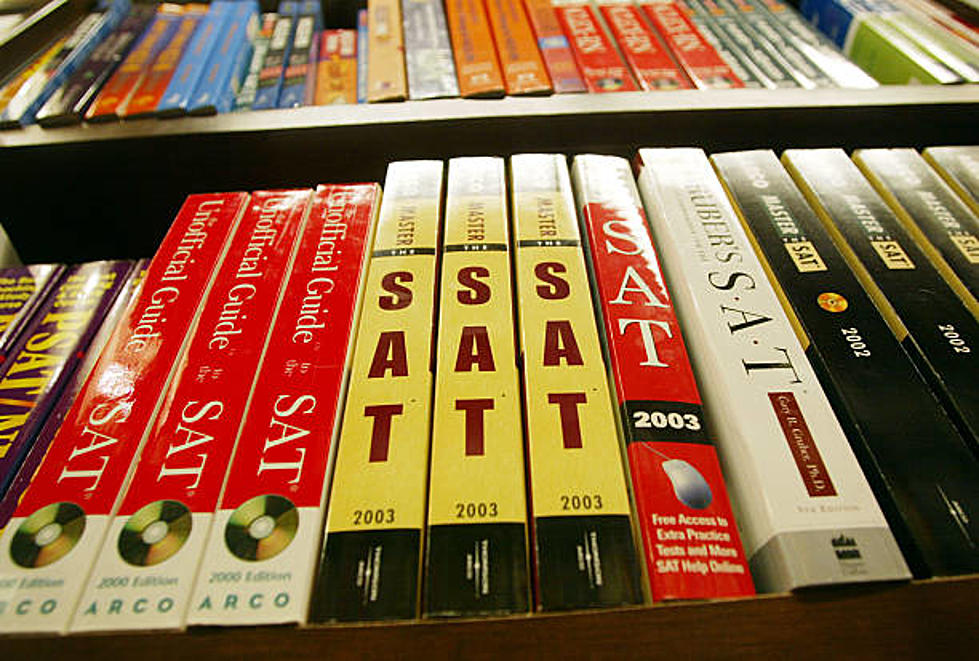
A College Degree Before a High School Diploma? Not So Rare in NJ
MIDDLETOWN — This spring, nearly 30 students are projected to earn an associate's degree through Brookdale Community College — a month before earning their high school diploma.
That's right. Upon high school graduation, these students can enter a four-year higher-education institution as a junior, and then get their hands on a bachelor's degree before their 21st birthday.
These students are the inaugural members of Brookdale's first two "Early College High School" partnerships.
Since joining forces with schools in Holmdel and Neptune in 2014, the college has linked with several other Monmouth County districts. It was announced by BCC on Feb. 12 that the college would be adding another three districts — Manasquan, Matawan-Aberdeen Regional, and Upper Freehold Regional — where students can get a head-start on the college experience.
"The idea is that you'd move on to a four-year school," Matt Reed, Brookdale's vice president for learning, told New Jersey 101.5. "Nationally, the folks who've done a lot of early-college high school programs have found that students who get this opportunity tend to complete college at much higher rates than students of similar income levels who don't get this opportunity."
Through Brookdale's model, participating high school students typically take a college-level course or two during their freshman and sophomore years. Then they begin studying at a regional Brookdale location in their junior year, before becoming full-time college students on Brookdale's Lincroft campus in their senior year.
Beyond cost savings, Reed said, the move also motivates students who may otherwise lose focus during senior year of high school.
Countywide, there are 255 high school students enrolled in Brookdale's ECHS programs. An additional 75 students could sign on when the three new districts admit students in the fall.
According to Jacob Farbman, director of communications for the New Jersey Council of County Colleges, 19,500 high school students throughout the state are taking at least one college-level course.
But not all models result in a college degree before graduation, Farbman said. Some partnerships allow students to earn a semester's-worth of credits, or get a full year under their belt.
"For a lot of students, all it takes is for them to take one class and then they realize — wow, I can really do this," Farbman said. "It builds their self-esteem, it builds their momentum, and it helps to propel them to be even more successful at the college level."
More from SoJO 104.9:
Contact reporter Dino Flammia at dino.flammia@townsquaremedia.com.
More From SoJO 104.9 FM










